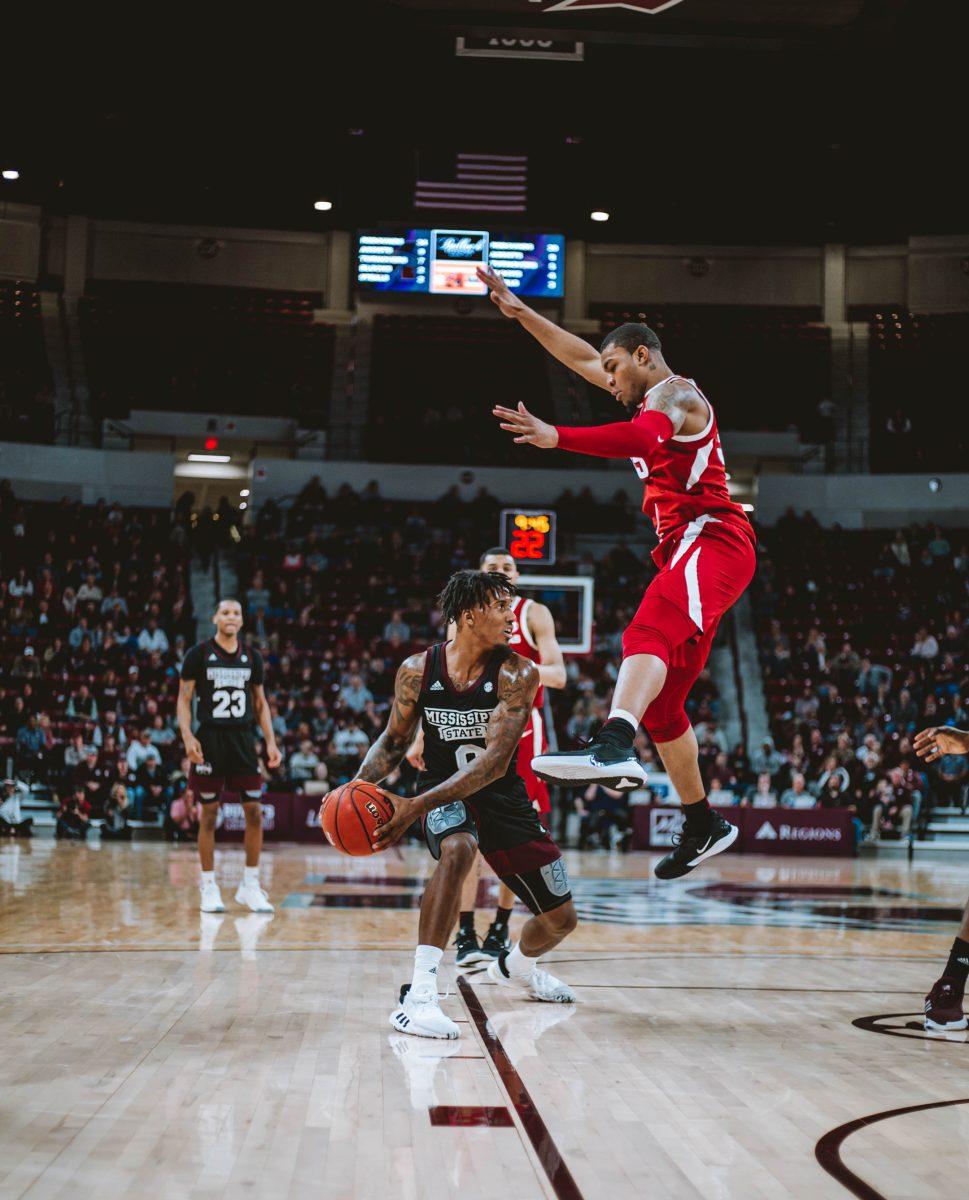In a shocking twist this past week, the National Collegiate Athletic Association (NCAA) made a levelheaded decision when it extended the eligibility for all spring-sport student-athletes by a year regardless of his or her current year in school. As reported by Michelle Hosick with the NCAA, the association also modified financial rules to make it easier for schools to make scholarship money work for athletes, and it increased the notoriously small roster limit in baseball.
The NCAA has no shortage of detractors and for good reason. Its chief crime is its arbitrary judgments on schools across the nation. When the University of North Carolina was found to have allowed its athletes to avoid class altogether, no penalty ever came their way. Even though Will Wade was caught on tape by the FBI talking about a “strong-ass offer” for a recruit, he is still the head coach for the Louisiana State University basketball team.
Meanwhile, the NCAA has harshly penalized teams for lighter offenses. As detailed by Joan Niesen at Sports Illustrated, the University of Missouri was found to have a tutor who felt pressured to guarantee passing grades for student-athletes but did not order her to complete any coursework. In response, the NCAA brought the hammer down, giving a postseason ban in football, baseball and softball to go along with three years of probation.
According to The Atlantic’s Stephen A. Miller, back in 2008, the NCAA cleared Derrick Rose to play for the University of Memphis, saying the school was unaware of his fraudulent SAT score; however, after the year ended, the NCAA retroactively ruled him ineligible, making Memphis forfeit their victories and pay back over $615,000 in revenue from the NCAA tournament. A similar situation happened at Memphis again this year. University of Memphis basketball athlete James Wiseman was cleared to play in May but then was deemed “likely ineligible” after the season started. He was subsequently suspended for a dozen games and told to pay $11,500 to charity. Wiseman quit rather than put up with the NCAA’s nonsense.
Perhaps the biggest ongoing controversy right now is the NCAA’s bizarre student-athlete likeness and image guidelines. Even though the players provide the product, as “amateurs,” they cannot profit from their labor because their scholarships are deemed as being enough of a reward. These words, from an organization that rakes in hundreds of millions of dollars in revenue from March Madness alone are laughable.
Despite the NCAA’s troubles, this ruling is a sign that maybe the NCAA is capable of not shooting itself in the foot on every occasion. The most promising sign is this specific decision was partly made in acknowledgment of students’ concerns.
Shortly before the vote, the Student-Athlete Advisory Committee from the Power Five conferences issued a statement to have their voices heard. In the proposal posted by ABC reporter Matt Reynoldson, they recommended the NCAA assist struggling student-athletes, give all athletes who did not “complete their championship season” an extra year of eligibility and renew the scholarships of returning seniors without having those scholarships affect financial aid limits.
The NCAA came pretty close to these demands. While no winter-sports athletes were granted extended eligibility, all spring sports were. The NCAA adjusted financial aid rules, which should help schools make money work for their athletes. According to Division 1 Baseball’s Kendall Rogers, the SAAC letter greatly impacted the NCAA’s decision.
This is a real turn-around for the organization which came up with the term “student-athlete” to avoid paying money to a widow of a college athlete who died while playing and did not approve feeding athletes as much as they needed until just six years ago.
In all seriousness, I do hope this represents a different, new NCAA which will be fairer and more caring. I acknowledge there will not be a sweeping overhaul any time soon, but the first test of these NCAA upgrades will come soon enough.
With events being canceled further and further in the future, there is a real fear college football might not be played this year. Without football, by far the largest moneymaker for every college program which has it, many non-revenue-generating sports—basically everything besides football and basketball at most schools—could be on the chopping block. In a survey conducted by Stadium’s Brett McMurphy, one athletic director explained the financial consequences of a year without the revenue from football would be detrimental to a school’s athletic program.
If there is indeed no football, the NCAA should step up to protect small programs that could come under the gun. How that may look could vary, and it is a moot point right now since football has not been canceled yet. If push comes to shove, the NCAA should find a way to protect student-athletes, even if there is a major financial burden associated with that.






